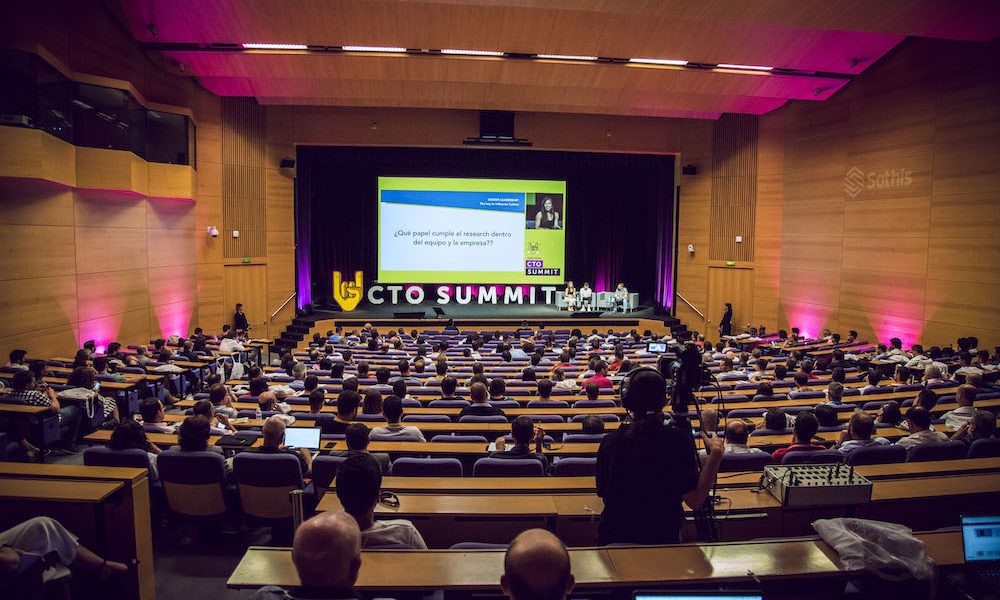
The trend that captures the most business attention today is the “Industry 4.0”, or the “Fourth Industrial Revolution”, that combines advanced production and operations techniques with intelligent technologies that will be embedded in organizations, people and assets. But the reality is that the implementation of this industry is still in its infancy in European companies.
According to a report by the Handelsblatt Research Institute and TeamViewer, Spain leads the transformation towards this “Industry 4.0”, since 29% of Spanish companies have started with the digital transformation in production processes, above the 23% that present other countries in Europe.
For most of the executives surveyed, the concept of “Industry 4.0” describes a multidimensional approach to digitizing their companies. At the same time, for three quarters, it includes the use of technology and data to digitize the production process, focusing on machines, as well as the use of augmented reality (AR) and artificial intelligence (AI) to support the manual processes of workers through digital technology. Also, more than 70% stated that this transformation will lead to better working conditions, more safety in the workplace and a new company culture.
According to the survey, the most important technologies and megatrends that will drive the digitalisation of production in companies in the future are Cybersecurity (27%), digital platforms (25%), the Internet of Things (IoT) (25%) and cloud services (24%). While, on the contrary, Chatbots (12%) and Blockchain (12%) are expected to play a minor role.
The majority of managers who participated in the survey associate the use of innovative technologies in production with an increase in efficiency (82%). Similarly, in terms of the benefits they expect, they mentioned the improvement in quality and level of service (81%), the reduction of costs (81%), the reinforcement of safety, health and the protection of employees, and building and information security (80%).
On the contrary, the research also concludes that the time and cost involved (32%) is currently the biggest problem to digitize the production of companies. What’s more, computer security (28%) and data security (25%) play an important role, as well as the incompatibility between existing machines and new technologies (26%). On the other hand, only a few companies consider that the lack of staff (16%), the lack of acceptance among employees (16%) or the lack of priority among managers (15%) are the main obstacles to digital transformation. of the production.
The boom of IoT, AR, AI
The survey places special emphasis on the potential of the Internet of Things (IoT), Augmented Reality (AR) solutions and Artificial Intelligence (AI) to digitize production. According to the research, a large portion of the decision-makers surveyed see potential applications for IoT (78%), AI (72%) and AR (70%) within their companies’ production.
Regarding the IoT, the main applications in production are expected to be the automation of order transactions (37%), communication between machines (33%), predictive analysis (32%) and remote machine control (31%). Similarly, for AR, executives see the greatest potential in quality assurance (38%), assembly, maintenance and repair (36%) and the optimization of the production process (36%).
While for AI, managers see potential applications in production quality monitoring and performance management (35%), failure prediction and predictive maintenance (31%), monitoring of security and compliance (31%) and demand forecasting and production planning (31%).



